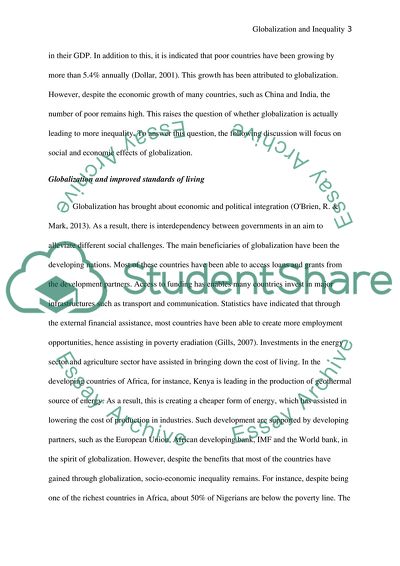Cite this document
(“Globalisation: Essay Example | Topics and Well Written Essays - 3000 words”, n.d.)
Retrieved from https://studentshare.org/miscellaneous/1680405-globalisation
Retrieved from https://studentshare.org/miscellaneous/1680405-globalisation
(Globalisation: Essay Example | Topics and Well Written Essays - 3000 Words)
https://studentshare.org/miscellaneous/1680405-globalisation.
https://studentshare.org/miscellaneous/1680405-globalisation.
“Globalisation: Essay Example | Topics and Well Written Essays - 3000 Words”, n.d. https://studentshare.org/miscellaneous/1680405-globalisation.


